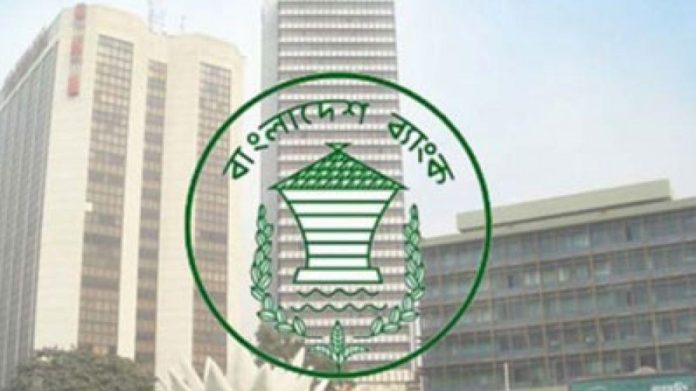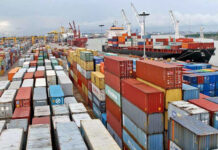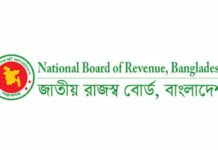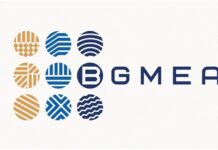The deficit in foreign trade is increasing due to the pressure of import expenditure. The price of dollars is also out of control. In such a situation, the central bank has given new conditions to reduce the import of luxury goods. On Tuesday (10 May), the ‘Banking Regulation and Policy’ section of Bangladesh Bank issued a circular in this regard.
The circular directed banks to maintain a minimum of 75% cash margin rate on LCs against imports of car and home appliance products from now on. In the case of other LCs, the margin rate is set at 50% by the regulating agency of the financial sector. However, bonds for imports of baby foods, essential food items including fuel, life-saving medicines, local and export-oriented industries, and agriculture-related products will be excluded from this guideline.
Earlier, there was an instruction to fix the margin rate based on the banker-customer relationship in the case of setting up import bonds. Imports have been on the rise since the middle of last year. To reduce the extra import pressure, on 11 April this year the central bank raised the cash margin rate on imports of non-essential goods to a minimum of 25%. But the central bank gave new instructions as it could not reduce the import pressure.
The new guidelines, sent to banks’ managing directors and chief executives, say that a minimum of 75% cash margin should be maintained for setting up import bonds for motor cars (sedan cars, sports utility vehicles, etc.), electrical and electronics used as home appliances.
It also states that a minimum of 50% cash margin should be maintained for setting up import bonds for all products except medical supplies, baby foods, essential food products, fuel, life-saving medicines, and equipment recognized by the Department of Health, directly imported capital equipment and raw materials for local manufacturing-oriented industries and export-oriented industries, agro-related products and essential goods imported for use in government priority projects.
Given the issuance of this directive, the directive of 11 April has been revoked. It will remain in effect until further notice.




